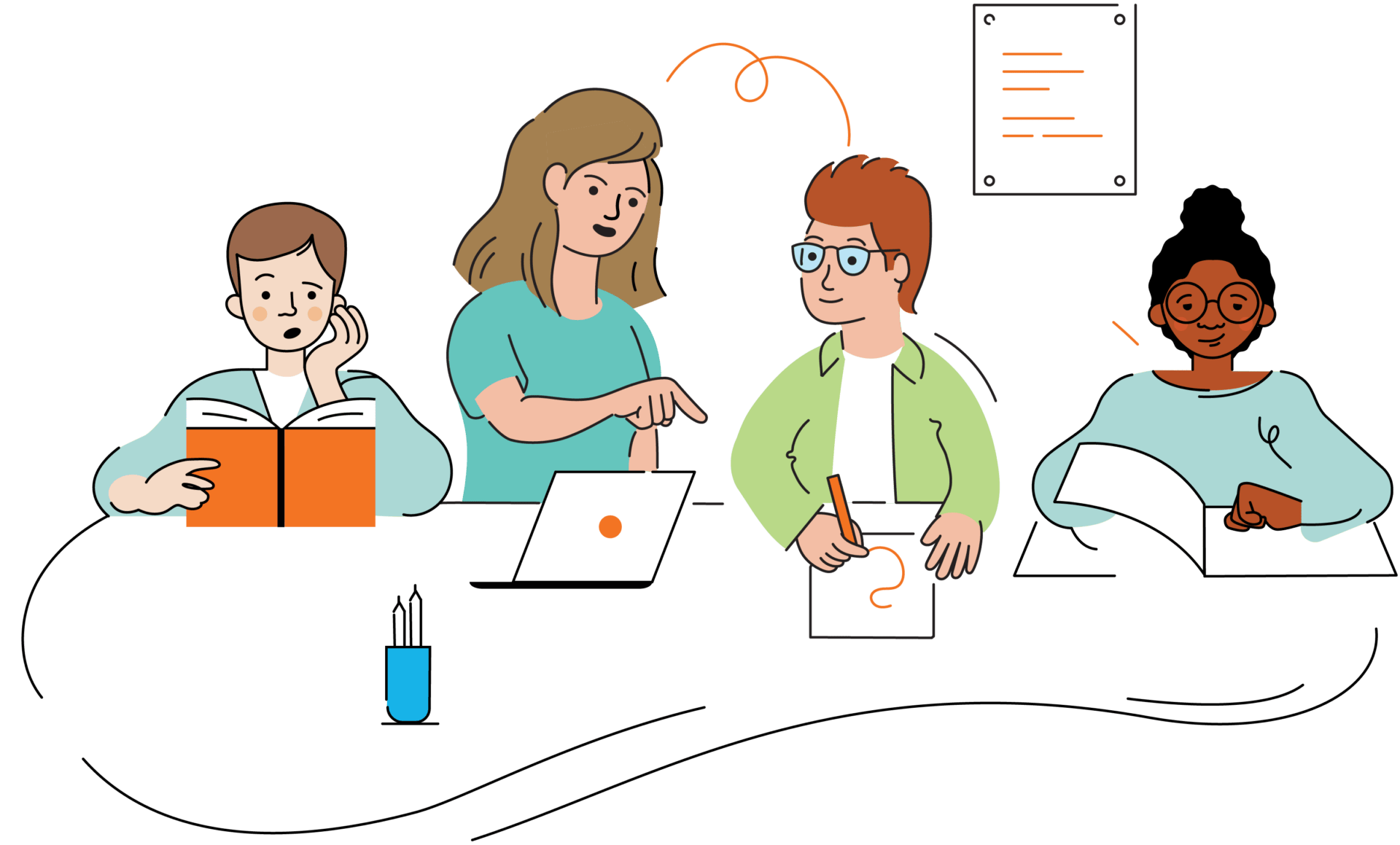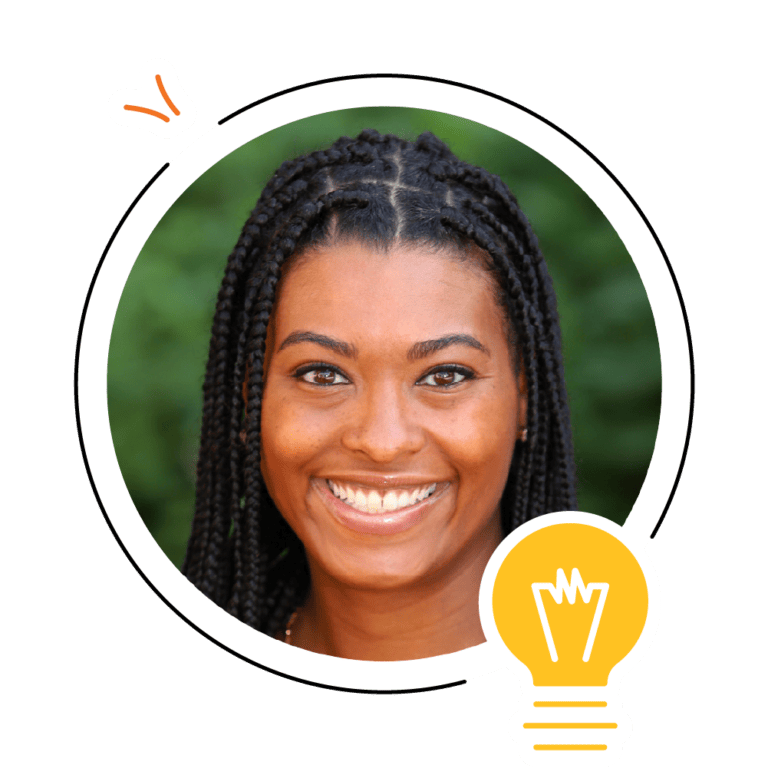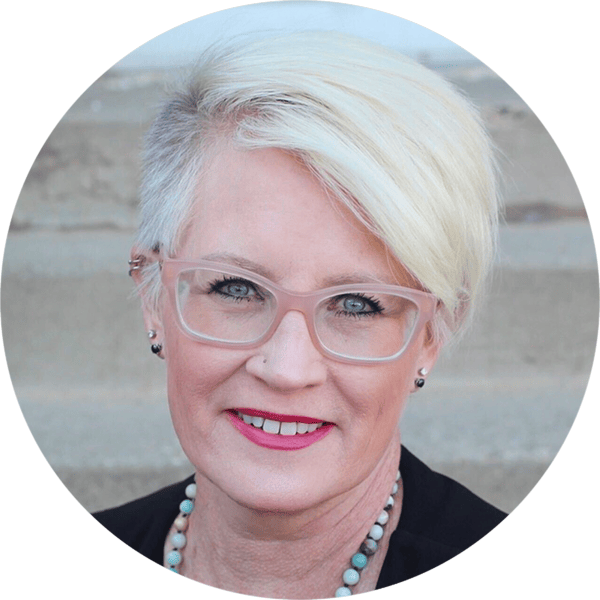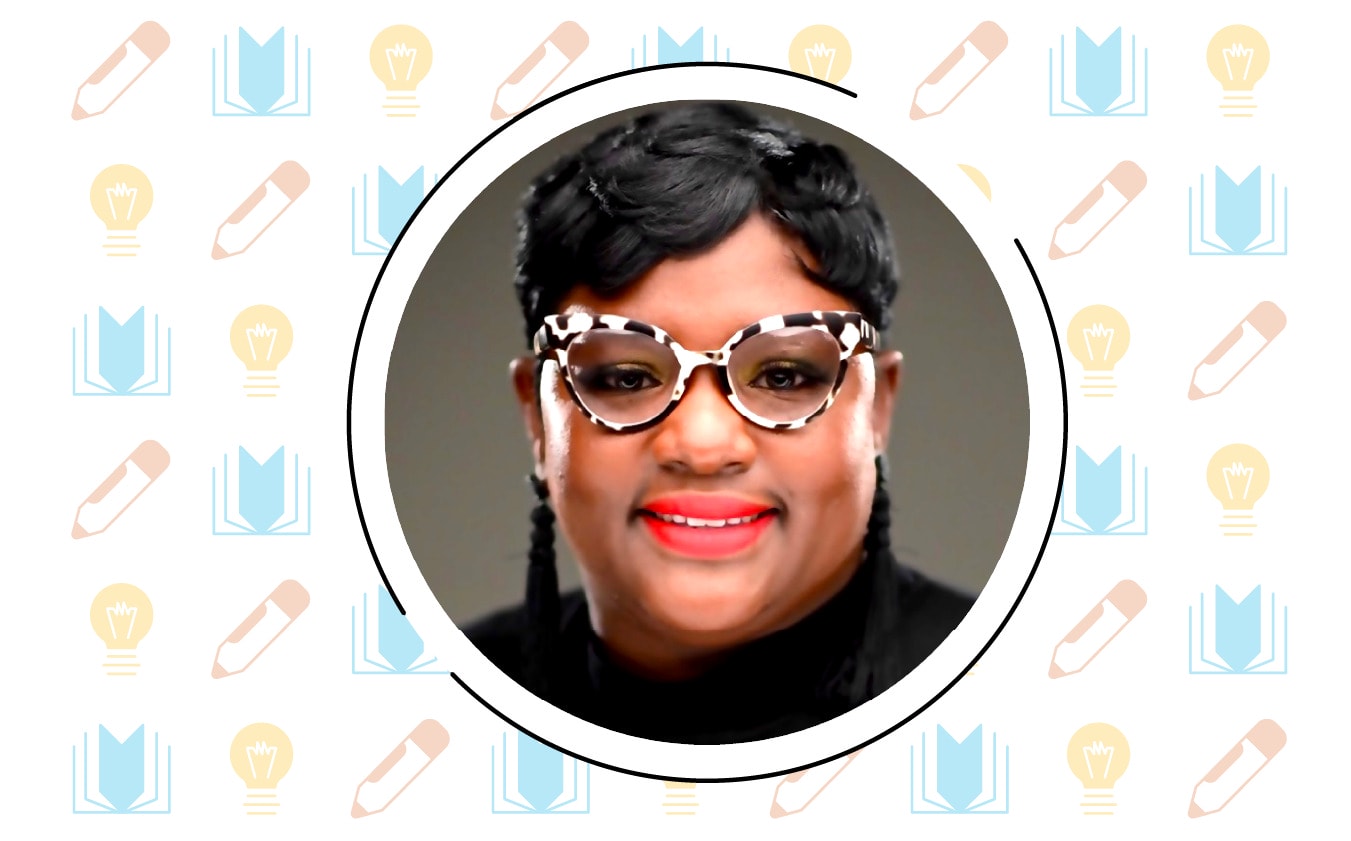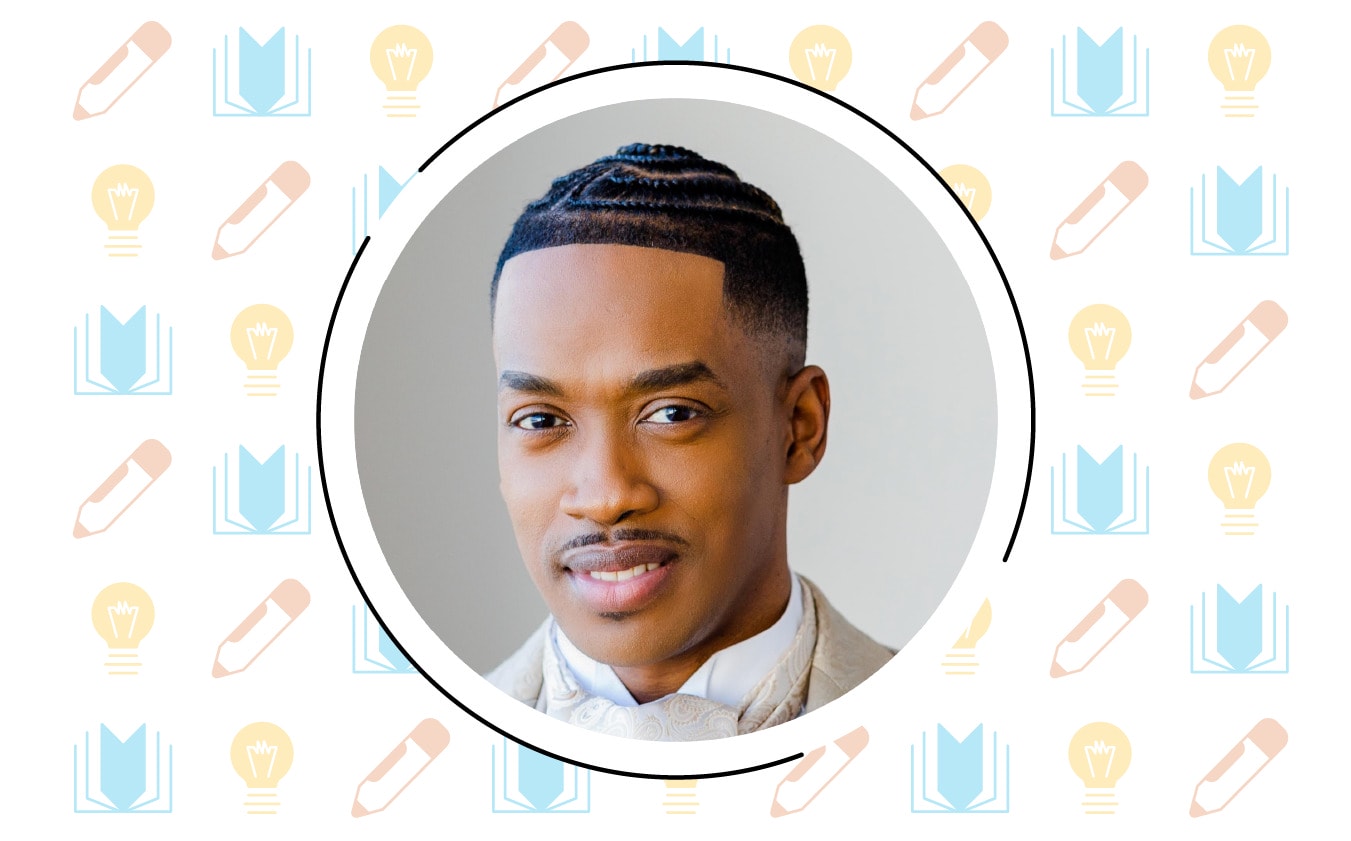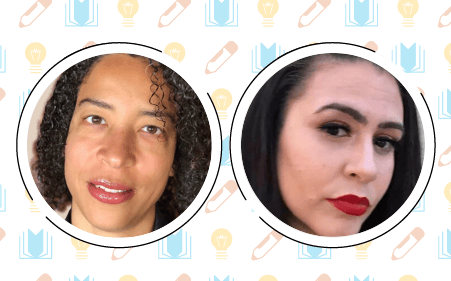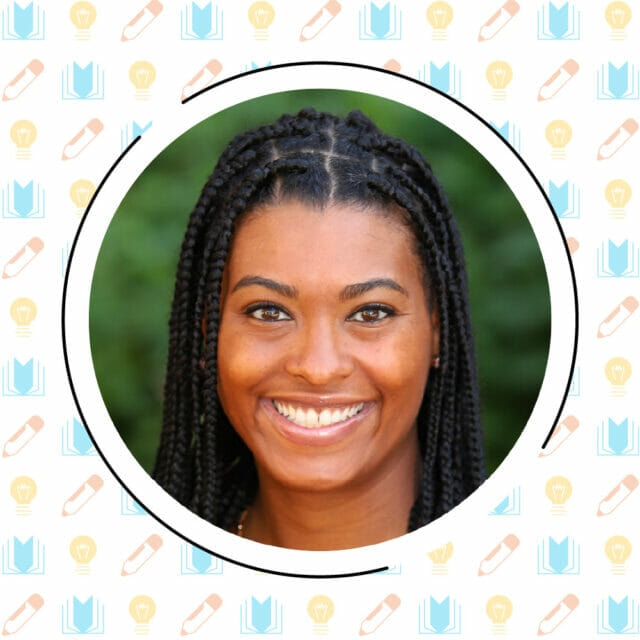
Celebrating many meanings: Language comprehension and the importance of Black English, with Jasmine Rogers
While working with students, one educator came to a realization that put her on a path to fascinating research in the Science of Reading. In this episode, Jasmine Rogers—manager and coach with the In Schools program at the DC Reading Clinic and an early literacy intervention lead at American University—shares her story and delves into her research on dialects and best practices for structured literacy instruction. She discusses Black language and how it connects with the language comprehension strand of Scarborough’s Reading Rope. Jasmine also offers recommendations for classroom teachers who have bidialectal students.
Meet our guest(s):
Featured Episodes
Love at the center of literacy, with Dr. Nys...
Dr. Nyshawana Francis-Thompson, Deputy Chief of Curriculum and Instruction in the School District of Philadelphia, has p...
Leading with the head and the heart: Enacting...
Equal parts educational leader, educator, and life-long learner of reading science, Mitchell Brookins has leveraged his...
From the community, for the community: Grassr...
Community and education activist Naomi Peña and clinical psychologist Dr. Akeela Azcuy knew that, as moms of struggling...
